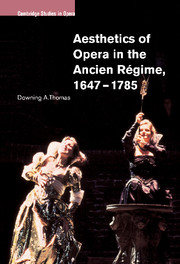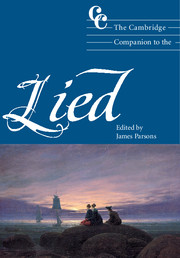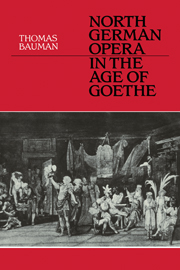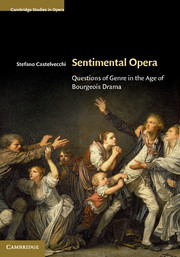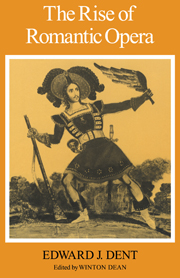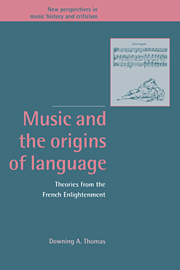Aesthetics of Opera in the Ancien Régime, 1647–1785
This study recognizes the broad impact of opera in early-modern French culture. Downing A. Thomas considers the use of operatic spectacle and music by Louis XIV as a vehicle for absolutism; the resistance of music to the aesthetic and political agendas of the time; and the long-term development of opera in eighteenth-century humanist culture. He argues that French opera moved away from the politics of the absolute monarchy in which it originated to address Enlightenment concerns with sensibility and feeling. The book combines close readings of significant seventeenth-century and eighteenth-century operatic works, circumstantial writings and theoretical works on theatre and opera, together with a measure of reception history. Thomas examines key works by Lully, Rameau and Charpentier, among others, and extends his reach from the late seventeenth century to the end of the eighteenth.
- First study to examine the relationship in close detail of opera to French social and cultural history
- Written by leading scholar of French opera
- Covers period of French history from Louis XIV to the Revolution
Reviews & endorsements
Review of the hardback: '… the attraction and usefulness of this work is that Thomas specifically avoids falling back on hackneyed texts and does not slavishly retrace other's steps through reams of over-analysed material.' Eighteenth-Century Music
Product details
February 2003Hardback
9780521801881
420 pages
229 × 152 × 27 mm
0.79kg
9 b/w illus. 13 music examples
Available
Table of Contents
- Introduction
- Part I. French Opera in the Shadow of Tragedy:
- 1. Song as performance and the emergence of French opera
- 2. The opera king
- 3. The ascendance of music and the disintegration of the hero in Armide
- 4. The disruption of poetics I: Medee's excessive voice
- 5. The disruption of poetics II: Hippolyte et Aricie and the reinvention of tragedy
- Part II: Opera and Enlightenment: From Private Sensation to Public Feeling:
- 6. Heart strings
- 7. Music, sympathy, and identification at the Opéra-Comique
- 8. Architectural visions of lyric theater and spectatorship
- 9. Opera and common sense: Lacépède's Poetique de la musique
- Conclusions
- Works Cited
- Index.

